Plums are incredibly versatile and delicious fruits that are packed with an array of health benefits. In this blog post, we will explore the various benefits of plums and their impact on our overall health and wellbeing. From weight loss to skin health, plums are a fruit worth incorporating into your diet.
Table of Contents
- Introduction to Plums
- Nutritional Benefits of Plums
- The Many Health Benefits of Plums
- Plum Varieties and Their Benefits
- Incorporating Plums into Your Diet
- Conclusion
Introduction to Plums
Plums are stone fruits belonging to the genus Prunus, which also includes peaches, apricots, and cherries. They come in various colors, shapes, and sizes, with over 2000 different varieties available around the world. Some popular types of plums include black plum, red plum, june plum, java plum, and cherry plum.
Plums can be consumed fresh or dried (known as prunes), and are often used in various culinary dishes, juices, and wines. Apart from their delicious taste, plums are also known for their numerous health benefits.
Nutritional Benefits of Plums
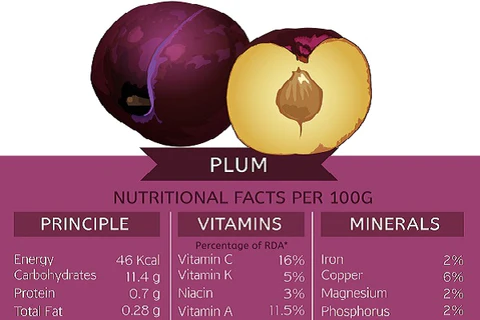
Plums are low in calories and contain a variety of essential nutrients, making them an excellent addition to any diet. Here are some of the key nutritional benefits of plums:
- Vitamins: Plums are an excellent source of vitamins A, C, and K, as well as several B vitamins. Vitamin A is essential for eye health, while vitamin C plays a crucial role in immune function and skin health. Vitamin K is important for blood clotting and bone health.
- Minerals: Plums contain essential minerals such as potassium, magnesium, and iron. Potassium helps regulate blood pressure, while magnesium supports muscle and nerve function. Iron is necessary for red blood cell production.
- Fiber: One plum provides about 1 gram of dietary fiber, which helps maintain healthy digestion and prevent constipation.
- Antioxidants: Plums are rich in antioxidants, which help protect our cells from damage caused by free radicals. Some of the antioxidants found in plums include anthocyanins, phenolic compounds, and carotenoids.
The Many Health Benefits of Plums
The nutritional profile of plums provides a wide range of health benefits. Let’s explore some of the key benefits of plums:
1. Weight Loss: Due to their low calorie and high fiber content, plums can help promote feelings of fullness and aid in weight loss. The natural sugars in plums provide a quick energy boost without causing a rapid spike in blood sugar levels.

2. Digestive Health: The fiber in plums helps maintain healthy digestion, preventing constipation and promoting regular bowel movements. Additionally, plums contain sorbitol, a sugar alcohol that has a natural laxative effect.

3. Heart Health: The potassium in plums helps regulate blood pressure, while the antioxidants reduce inflammation and prevent oxidative damage to blood vessels. This combination of factors contributes to improved heart health.

4. Bone Health: Plums are a good source of vitamin K, which is essential for maintaining strong bones and preventing osteoporosis.

5. Skin Health: The vitamin C in plums helps produce collagen, a protein that provides structure and elasticity to the skin. This, along with the antioxidants in plums, can help protect the skin from damage and promote a youthful appearance.

6. Immune System Support: Plums are rich in vitamin C, which plays a crucial role in immune system function. Regular consumption of plums can help boost your immune system and protect you from various illnesses and infections.

7. Diabetes Management: The fiber in plums can help regulate blood sugar levels, making them a good choice for people with diabetes. Additionally, some studies suggest that consuming plums may help reduce the risk of developing type 2 diabetes.

8. Pregnancy Health: Plums contain essential nutrients, such as folic acid and vitamin C, that are important for the health of both the mother and the baby during pregnancy. The fiber in plums can also help alleviate constipation, a common issue during pregnancy.

9. Cancer Prevention: The antioxidants in plums have been shown to have anti-cancer properties. Studies suggest that consuming plums may help reduce the risk of certain types of cancer, including breast, colon, and lung cancer.

Plum Varieties and Their Benefits
There are numerous varieties of plums, each with its unique taste and nutritional profile. Here are some popular varieties and their specific benefits:
1. Black Plum: Black plums are high in antioxidants, particularly anthocyanins, which give them their dark color. These antioxidants help protect against oxidative stress and may reduce the risk of chronic diseases.
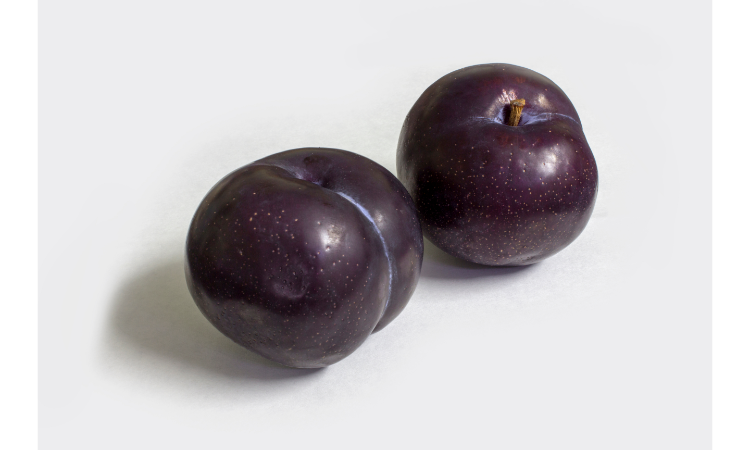
2. Red Plum: Red plums are also rich in antioxidants, especially lycopene, which is known for its potential cancer-fighting properties.
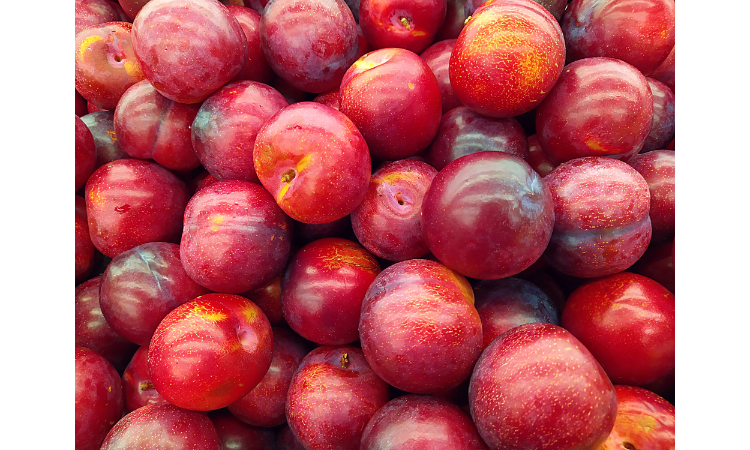
3. June Plum: Also known as ambarella or golden apple, June plums are a good source of vitamin C, which supports immune system function.

4. Kakadu Plum: Native to Australia, Kakadu plums have the highest natural concentration of vitamin C of any fruit. They are often used in skincare products for their skin-rejuvenating properties.
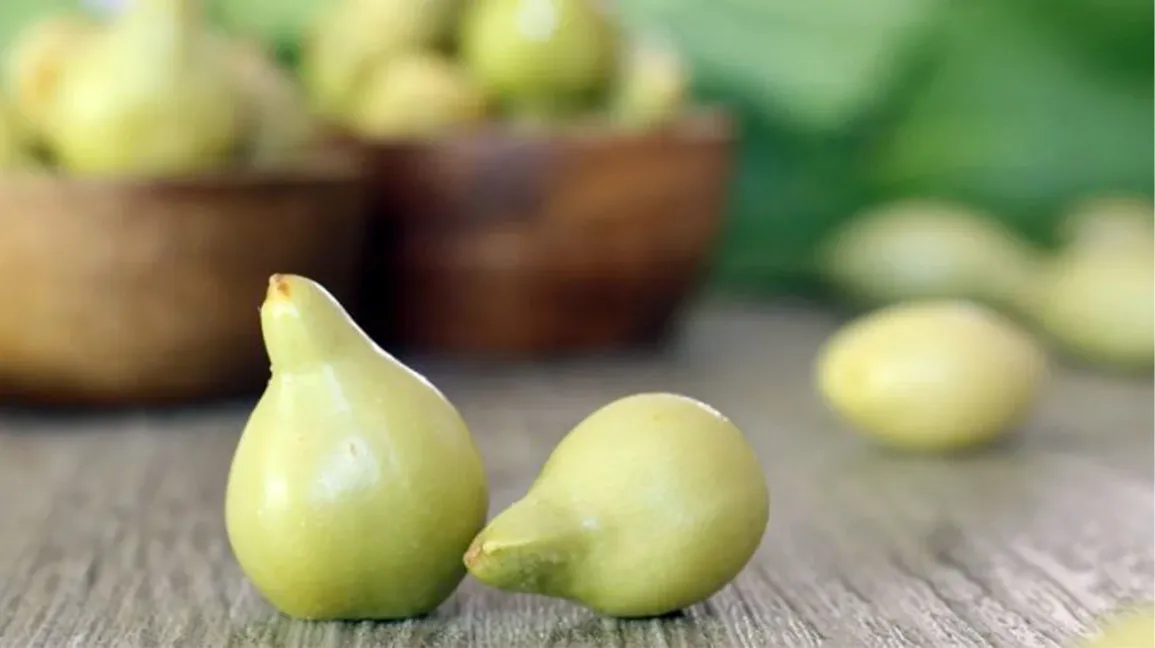
5. Java Plum: Java plums, also known as jamun or jambul, have been used in traditional medicine for their potential anti-diabetic and anti-cancer properties.
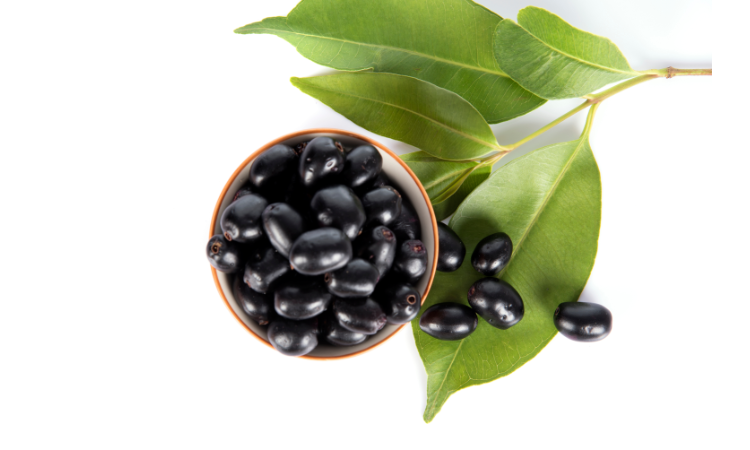
Incorporating Plums into Your Diet

There are countless ways to enjoy plums and reap their health benefits. Here are some ideas for incorporating plums into your diet:
- Enjoy fresh plums as a snack or dessert.
- Add sliced plums to your morning oatmeal or yogurt.
- Include plums in salads for a sweet and tangy twist.
- Blend plums into smoothies for an antioxidant boost.
- Use plum juice as a base for salad dressings or marinades.
- Bake plums into muffins, cakes, or tarts for a delicious treat.
- Make a plum chutney or jam to enjoy with your favorite dishes.
Conclusion
In conclusion, plums are not only delicious but also packed with numerous health benefits. From supporting heart health and digestion to promoting skin health and immune system function, there are plenty of reasons to incorporate this versatile fruit into your diet. With various plum varieties available, each offering unique flavors and benefits, you’re sure to find one that suits your taste.
So the next time you’re looking for a nutritious and tasty snack or ingredient, remember the humble plum and its many health benefits. Enjoy this juicy fruit on its own, or get creative with recipes that showcase its delightful flavors and colors. Your body will thank you for making this flavorful, nutritious choice.
